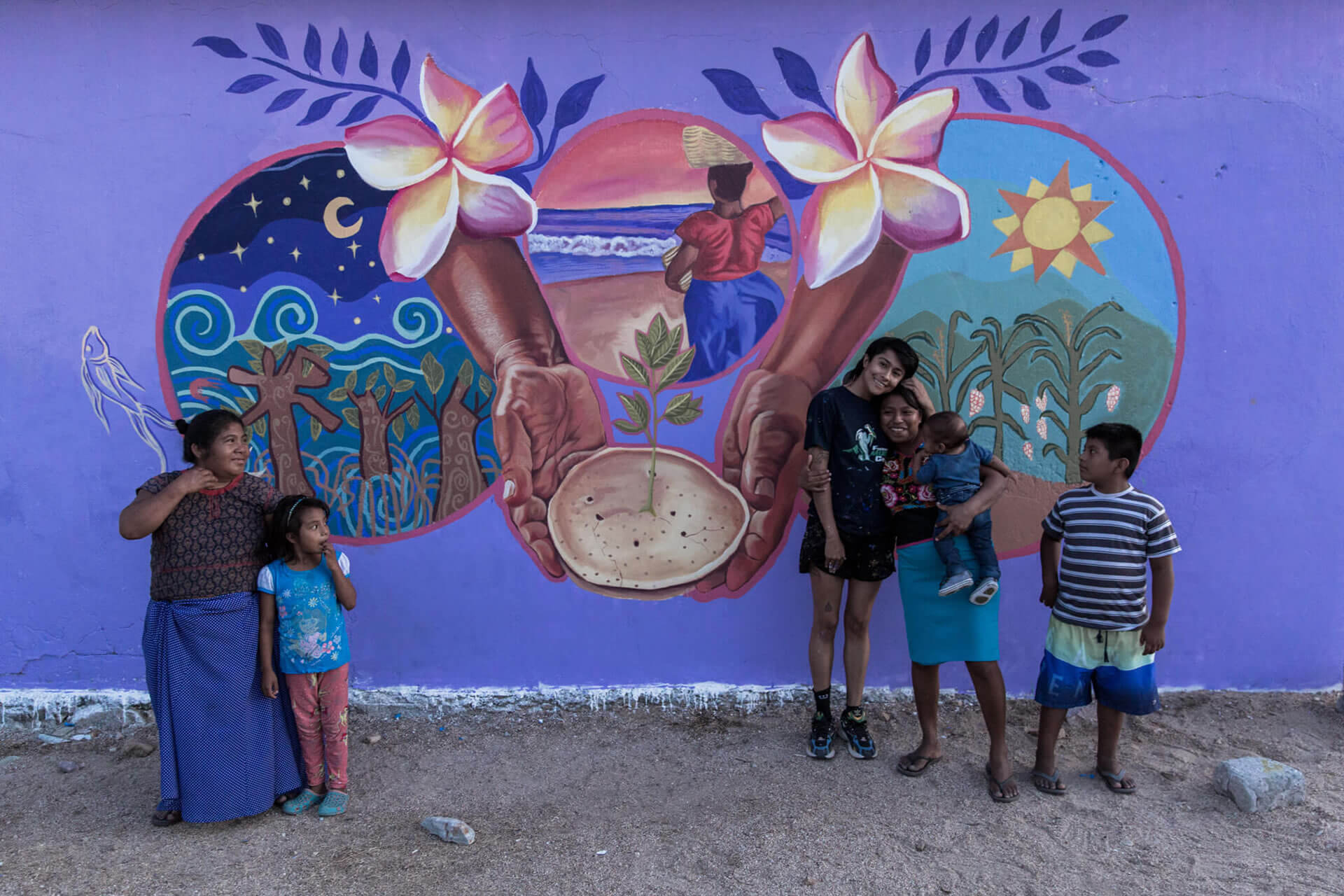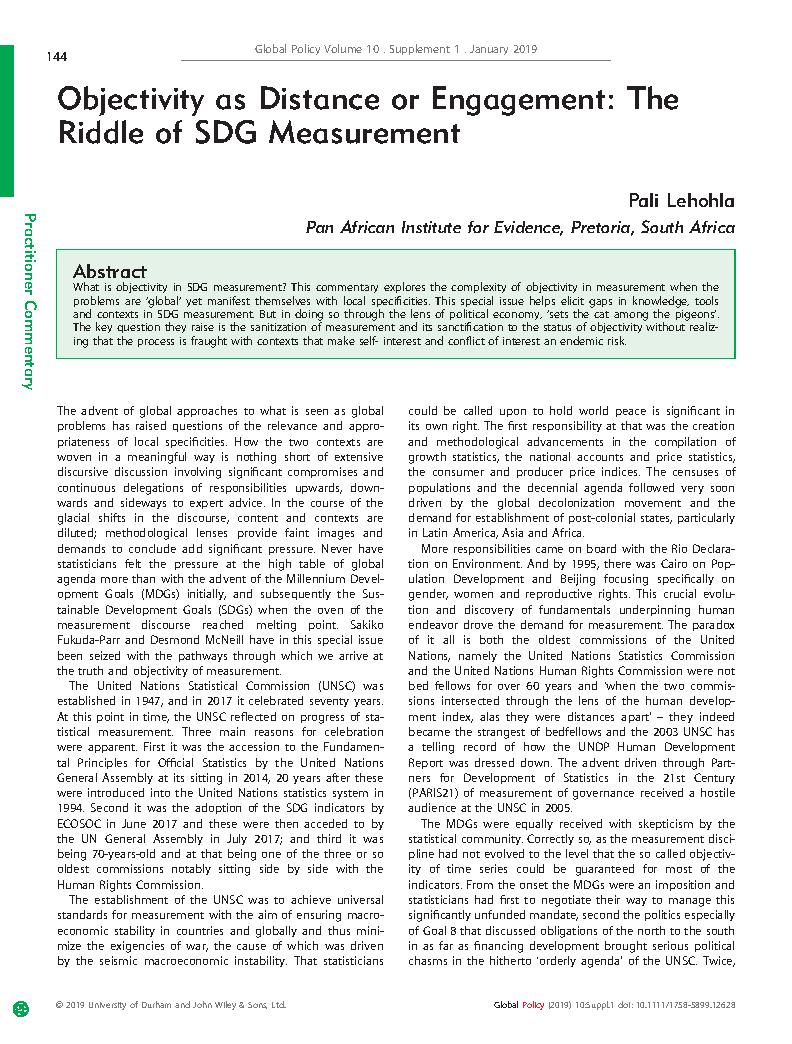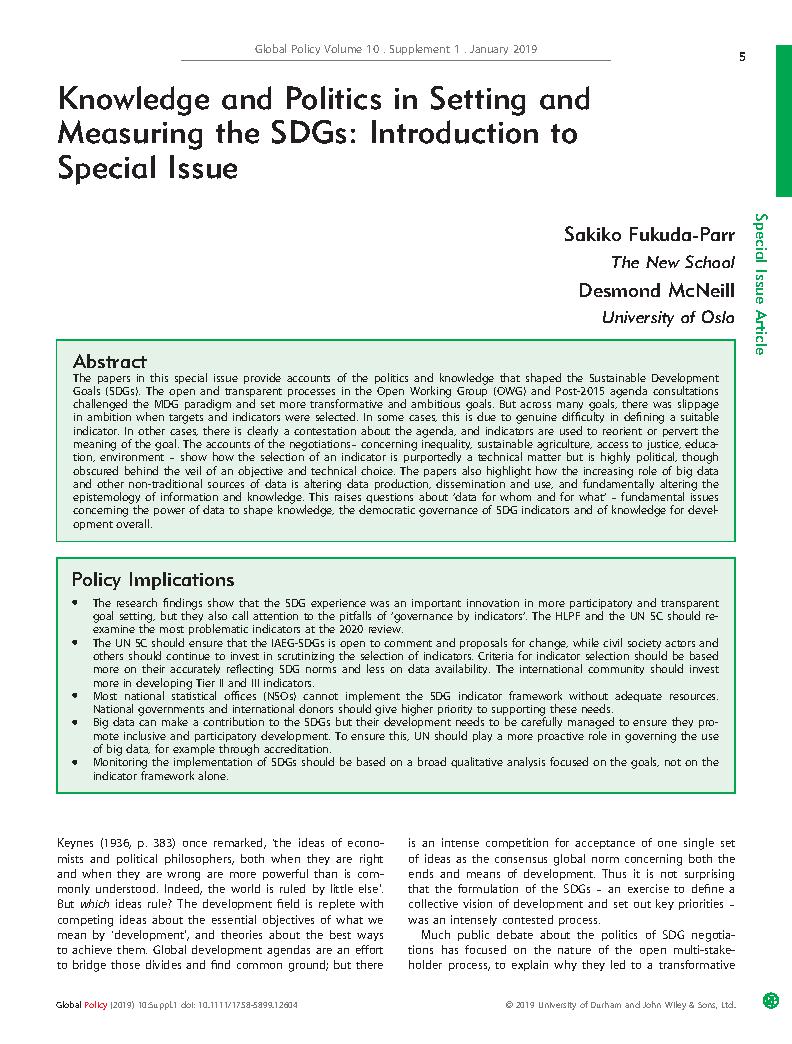Datos
Agenda 2030
Aprendizaje
Portal de datos
Genera tus propios gráficos y visualizaciones para mostrar tendencias y comparaciones de datos estadísticos. Podrás descargarlas para utilizarlas en notas conceptuales, presentaciones y todo tipo de documentos de trabajo.
Infografías
Descarga fichas temáticas a nivel estatal y municipal que resumen los datos más relevantes sobre diversos aspectos del desarrollo.
Monitoreo ODS
Consulta los datos del SIODS administrada por el INEGI, así como una selección de indicadores propuestos por el PNUD para la conocer sobre el avance de México en el cumplimiento de los ODS.
Localización de la Agenda 2030
Mapa interactivo para localizar y conocer los diversos instrumentos, órganos, y herramientas creadas a nivel subnacional para el cumplimiento de la Agenda 2030 y sus 17 Objetivos de Desarrollo Sostenible (ODS).
Herramientas de sostenibilidad para MIPYMES
Herramienta interactiva y práctica para las MIPyMES en México para alinear sus actividades empresariales a los ODS.
Centro de aprendizaje digital
Espacio digital que agrupa la oferta de cursos del PNUD en México para la difusión del conocimiento mediante capacitaciones innovadoras enfocadas a temáticas del desarrollo a través de un sistema integrado único, intuitivo y seguro para ambientes de aprendizaje personalizados.
Banco de conocimiento
Biblioteca digital que facilita el acceso y descarga de bibliografía especializada. Está integrado por un motor de búsqueda para la consulta de documentos que facilitan el aprendizaje continuo, la innovación y el intercambio de conocimiento.
Autodiagnóstico de riesgos de corrupción
Herramienta que permite a las instituciones públicas identificar y evaluar los factores que pueden favorecer la ocurrencia de actos de corrupción en sus procesos y actividades.
Índice de Desarrollo Humano
Mapa interactivo de Desarrollo Humano que ofrece información a nivel nacional y subnacional sobre el Índice de Desarrollo Humano (IDH), el Índice de Capacidades Funcionales Municiaples (ICFM), y el Índice de Desigualdad de Género Municipal, así como de los indicadores que los componen.
Herramientas para la planeación: Microsimulaciones de la pobreza multidimensional
Herramienta para estimar metas en la pobreza multidimensional por estado en México.




